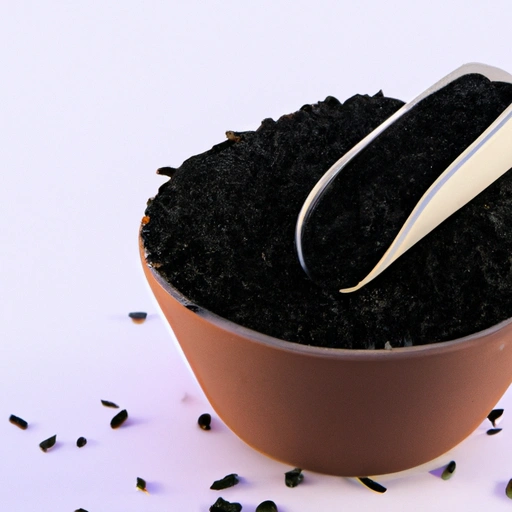Black Cumin Seed
Description

Black cumin seed, also known as 'Nigella sativa', is a small, angular seed with a pungent taste and a slightly bitter, peppery flavor profile. It has been used for centuries in culinary and medicinal applications, prized for its aromatic essence and health-promoting properties. Known by various names, including kalonji in South Asian cuisines and 'chernushka' in Eastern Europe, it is a staple in spice blends and standalone applications alike.
Common uses
Black cumin seeds are commonly used to season breads, curries, pickles, and stews. They are also sprinkled on flatbreads and incorporated into spice mixes, adding a distinct flavor and a hint of bitterness that complements a wide range of dishes.
Nutritional value
Calories
Typically, one teaspoon (about 2 grams) of black cumin seeds contains approximately 7 calories.
Protein
Black cumin seeds provide about 0.3 grams of protein per teaspoon.
Fat
With approximately 0.5 grams of fat per teaspoon, black cumin seeds are a low-fat addition to recipes.
Carbohydrates
Each teaspoon contains about 0.8 grams of carbohydrates, making it a low-carb spice.
Vitamins
Black cumin seeds contain small amounts of B-vitamins, particularly thiamin (B1), niacin (B3), and folate (B9).
Minerals
These seeds are rich in minerals such as iron, calcium, and magnesium, important for various bodily functions.
Health benefits
Black cumin seeds are thought to have antioxidant, anti-inflammatory, and immune-stimulating properties. They may help in managing asthma, blood pressure, and blood sugar levels, though more research is needed to confirm these effects. The thymoquinone in black cumin seeds is of particular interest for its potential health benefits.
Potential risks
While black cumin seeds are generally safe for consumption, they may interact with certain medications and are not recommended for pregnant women due to the risk of stimulating uterine contractions. As with any food, moderation is key, and individuals with specific health conditions should consult with a healthcare provider before adding black cumin seeds to their diet.
Common recipes
Black cumin seeds are featured in recipes like Indian naans, Middle Eastern breads, and in spice blends such as panch phoron and garam masala. They are also used to season salads, vegetable dishes, and meats.
Cooking methods
The seeds can be used whole or ground, and are often dry-roasted to enhance their flavor before being added to dishes.
Pairing with other ingredients
Black cumin seeds pair well with cumin, coriander, and fennel. Their robust flavor complements root vegetables, lentils, and meats, especially lamb and poultry.
Summary
Black cumin seed is a flavorful and nutritious spice that brings a unique depth to a variety of dishes. With its rich history and versatile application across cultures, it is a valued ingredient in both traditional and contemporary cuisines. In addition to its culinary uses, black cumin seed is associated with several health benefits, making it a revered spice in the global kitchen.